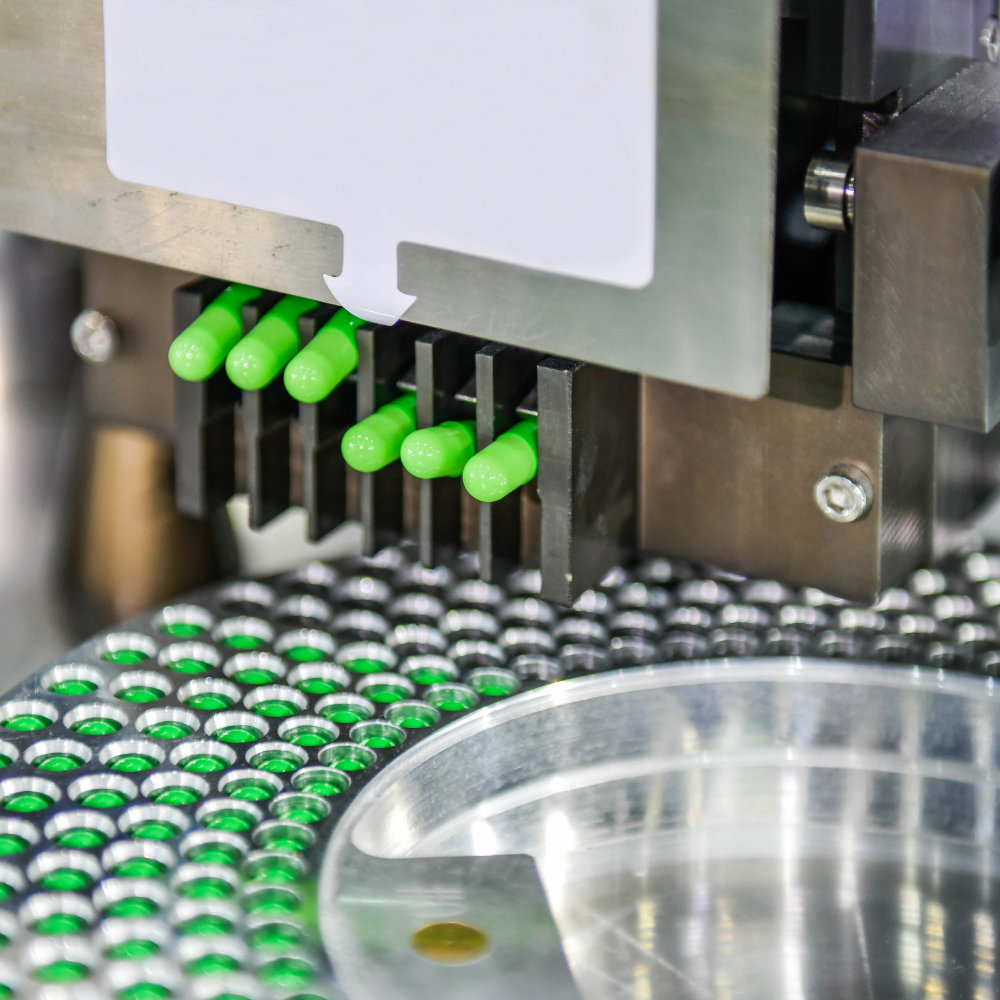“GForce has quickly become an indispensable asset for our company. We actually do not think of them as a separate organization, but as an extension of our company. They are the best.”
The medical device supply chain faces several common risks that can disrupt operations. These include supplier failure, regulatory changes and challenges associated with global sourcing. Disruptions can cause delays in production, quality issues or shortages of essential products, all of which undermine patient safety and compliance. These risks require careful identification and proactive management to ensure that the supply chain remains resilient.
Effective healthcare supply chain risk assessment and management are essential for mitigating these issues. By thoroughly evaluating potential vulnerabilities—such as fluctuating global trade conditions or sudden regulatory changes—organizations can implement strategies to reduce or eliminate risks. One such strategy is medical device tech transfer. This allows for the seamless movement of production across different suppliers or medical device manufacturing locations, providing a foundational element for success. Tech transfer ensures that production processes are consistent, compliant and scalable, minimizing the impact of unforeseen disruptions.
Risk management strategies—such as building diversified supplier networks, maintaining regulatory expertise and using advanced analytics—help ensure a supply chain resilience that can adapt to challenges while maintaining compliance with medical device regulations.

